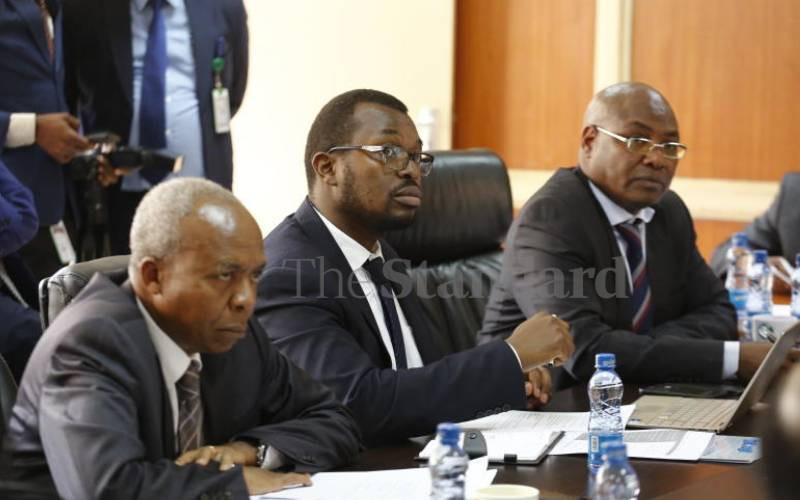×
The Standard e-Paper
Fearless, Trusted News

Legislators are now calling for the suspension of the procurement of a Sh4.2 billion biometric system by the National Health Insurance Fund (NHIF).
The National Assembly Health Committee, during a sitting with NHIF's top officials, heard that the agency is about to replace the current system, which cost Sh1.6 billion.